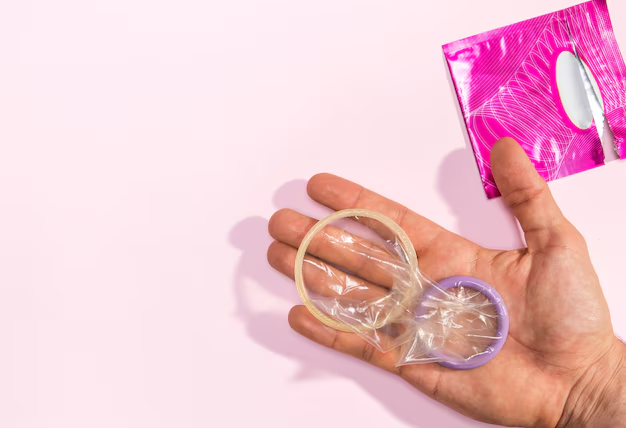
When it comes to HIV/AIDS, teens often live in a bubble, assuming that adults are the only group at higher risk of developing the disease. In reality, teens represent a growing share of people acquiring and living with HIV worldwide.
“Teenagers are most vulnerable to catching HIV/AIDS due to lack of access to information, risky sexual behaviour, and substance use,” said Dr Avir Sarkar, Assistant Professor, Department of Obstetrics and Gynaecology, NIIMS Medical Sciences College & Hospital (Noida International Institute of Medical Sciences).
It's high time that teens start taking HIV seriously, get educated, and be tested if they are involved in sexual activities and drug intake.
As we observe World AIDS Day on December 1, 2024, let us have a look at the steps to protect teens from catching HIV/AIDS:

“Comprehensive sexual education (CSE) is essential in equipping teenagers with accurate knowledge about HIV transmission and prevention. Evidence-based CSE programs that address gender, power dynamics, and rights significantly reduce risky behaviours, making them indispensable in schools and communities,” said Dr Chirag Bhandari, Founder of the Institute of Andrology and Sexual Health (IASH). Teens should be provided with scientifically accurate information according to their age so that they can make informed decisions about their health.
Encourage teens to get tested at regular intervals especially if they are sexually active as knowing their health status reduces the risk of unknowingly spreading the virus and allows for early intervention from healthcare professionals if needed.

“Condoms are one of the most effective barriers against HIV and other sexually transmitted infections (STIs). However, declining use among adolescents is concerning,” said Dr Chirag. It is critical to reinforce that condoms offer dual protection against STIs and unintended pregnancies, ensuring this message is widely communicated and understood.
Don't Miss: 8 Myths About Oral Contraceptive Pills That Women Should Stop Believing
“Teens should abstain from activities that use shared needles like tattoos and piercings. Instead, emphasize the use of sterile equipment to reduce the risk of microbial contamination and transmitted infections or diseases. Those who inject drugs should avoid sharing the needle as it can increase the risk of infections,” said Dr Avir.
Don't Miss: World AIDS Day: Know Its Significance And How Communities Will Lead The Fight Against HIV On December 1
By providing the right knowledge at the right time and taking the necessary steps, we can protect the young generation from contact with HIV/AIDS.
For more such stories, stay tuned to HerZindagi.
Credits: Freepik
Also watch this video
Herzindagi video
Our aim is to provide accurate, safe and expert verified information through our articles and social media handles. The remedies, advice and tips mentioned here are for general information only. Please consult your expert before trying any kind of health, beauty, life hacks or astrology related tips. For any feedback or complaint, contact us at [email protected].